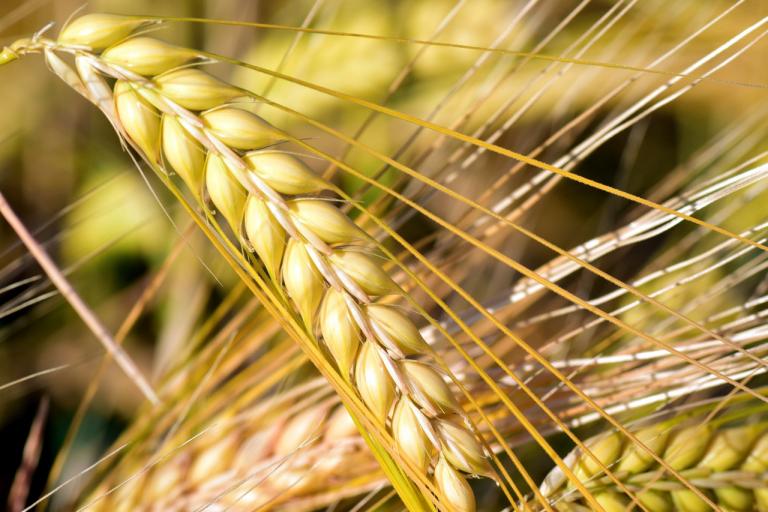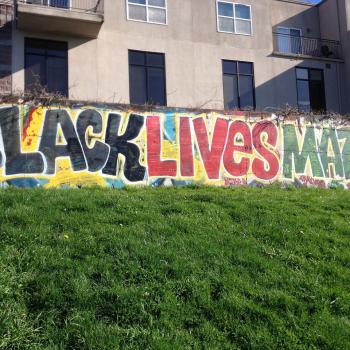 At a recent writing conference I attended, multiple conversations swirled around the topic of privilege, power, and platform. #Metoo and racial reconciliation dominated some panel discussions and many personal ones. Women of color expressed their anger, grief, and frustration with their white sisters in the faith: “Where were you when shooting after unlawful arrest after racial profiling happened? We didn’t hear your protests or see your response. You (collectively) have not rejected injustice.”
At a recent writing conference I attended, multiple conversations swirled around the topic of privilege, power, and platform. #Metoo and racial reconciliation dominated some panel discussions and many personal ones. Women of color expressed their anger, grief, and frustration with their white sisters in the faith: “Where were you when shooting after unlawful arrest after racial profiling happened? We didn’t hear your protests or see your response. You (collectively) have not rejected injustice.”
They weren’t asking us to solve all the problems. We are writers. But … we are writers. We have a platform to influence those who read our words. And some of us are white, which automatically gives us certain privileges we did not earn, into which we were born and may not even realize. But the national conversation over the last few years has narrowed its focus to emphasize to white people that we are indeed systemically privileged no matter what socio-economic class we come from.
This isn’t a post about race. Not directly. But it is about power and privilege—positions found in every period and place. Including ancient Israel. Through the familiar story of Ruth, we find encouragement and direction in our pursuit of justice.
Chapter one sets the stage: Ruth returns with her mother-in-law to Bethlehem, both widows destitute and “empty” according to social mores of the day. No man, no status. So Ruth heads out to glean wheat in order to feed herself and Naomi. Gleaning the leftover wheat places her squarely in the category of “poor” and “other.”
~
This isn’t a post about race. Not directly. But it is about power and privilege—positions found in every period and place.
~
Chapter two: When the landowner, Boaz, arrives, he notices the foreign worker. The foreman explains how Ruth has come to Bethlehem with Naomi and has been working hard all morning. So Boaz walks over to Ruth and says something extraordinary.
“My daughter, listen to me. Don’t go and glean in another field and don’t go away from here. Stay here with the women who work for me. Watch the field where the men are harvesting, and follow along after the women. I have told the men not to lay a hand on you. And whenever you are thirsty, go and get a drink from the water jars the men have filled.” (2:8–9)
At this, she bowed down with her face to the ground. She asked him, “Why have I found such favor in your eyes that you notice me—a foreigner?”
Boaz replied, “I’ve been told all about what you have done for your mother-in-law since the death of your husband—how you left your father and mother and your homeland and came to live with a people you did not know before. May the Lord repay you for what you have done. May you be richly rewarded by the Lord,the God of Israel, under whose wings you have come to take refuge.”
“May I continue to find favor in your eyes, my lord,” she said. “You have put me at ease by speaking kindly to your servant—though I do not have the standing of one of your servants.”
At mealtime Boaz said to her, “Come over here. Have some bread and dip it in the wine vinegar.”
When she sat down with the harvesters, he offered her some roasted grain. She ate all she wanted and had some left over. As she got up to glean, Boaz gave orders to his men, “Let her gather among the sheaves and don’t reprimand her. Even pull out some stalks for her from the bundles and leave them for her to pick up, and don’t rebuke her.”
What just happened here? Let’s review Boaz’s interaction with Ruth and explore how he can inspire us to action.












